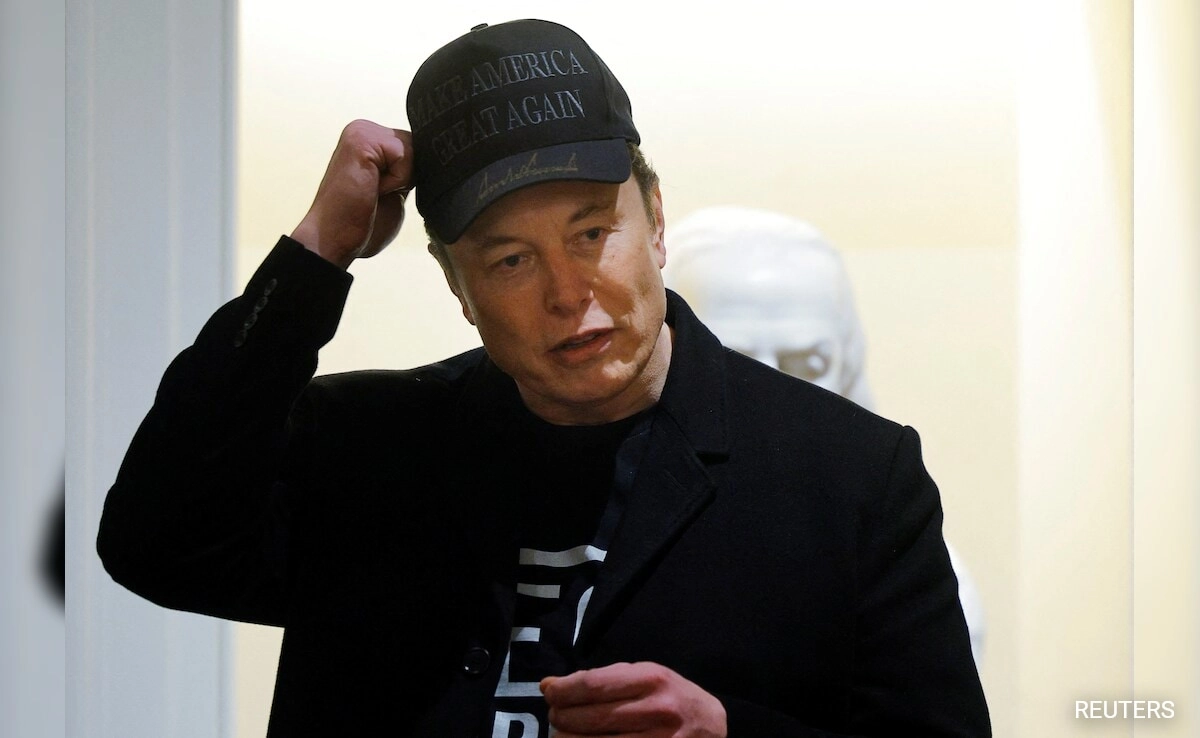Elon Musk has recently voiced his opinion regarding the decision to bar Marine Le Pen from participating in the upcoming French elections. His comments suggest that such a move could ultimately backfire and have unintended consequences. Musk, known for his strong stances on free speech and individual rights, seems to be advocating for a more open democratic process. He argues that restricting candidates like Le Pen could alienate a significant portion of the electorate, potentially leading to increased polarization and unrest within the political landscape.
The decision to exclude Le Pen from the polls has sparked widespread debate in France and beyond. Supporters of this move believe that it is necessary to safeguard the democratic process from extremist ideologies. However, critics, including Musk, argue that silencing voices, even those that are controversial or unpopular, undermines the very principles of democracy. They contend that engaging with differing viewpoints is essential for a healthy political discourse, as it allows for the examination of ideas and encourages voters to make informed decisions.
Musk’s remarks highlight a broader discussion about the implications of censorship in politics. In an age where social media platforms and other forms of communication can amplify political messages, the challenge lies in balancing the need for accountability with the importance of free expression. By advocating against Le Pen’s exclusion, Musk raises questions about how societies navigate the fine line between protecting democratic values and allowing diverse perspectives to be heard, even if they provoke discomfort or dissent. Ultimately, his stance reflects a concern that restricting access to the political arena may lead to greater societal division rather than fostering unity and understanding.
As the French elections approach, the ramifications of decisions like these will likely be felt not just in France but across the global political stage. The debate around Le Pen’s candidacy illustrates the complexities that arise when democracy, freedom of speech, and societal values intersect. The outcome of this situation may set a precedent for how other nations handle similar challenges in the future, making it an important moment in contemporary political discourse.




